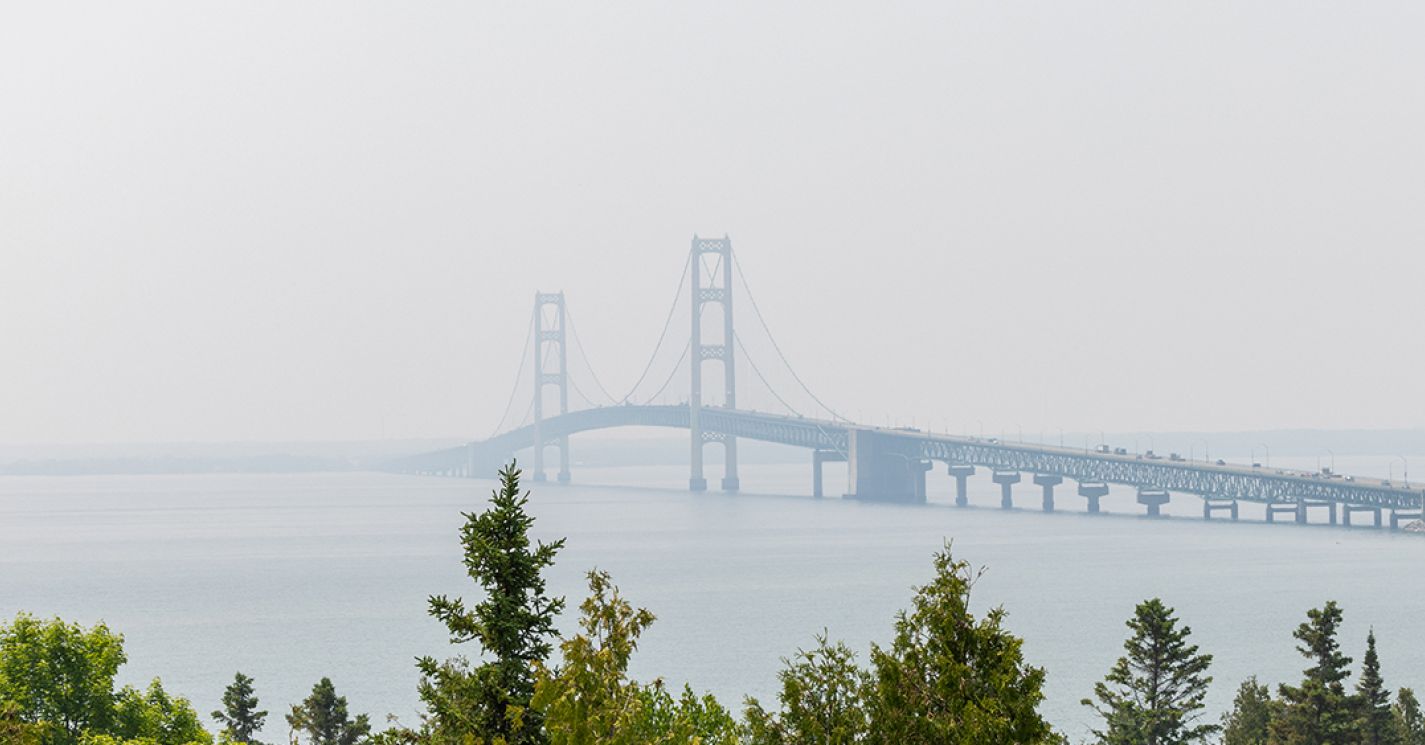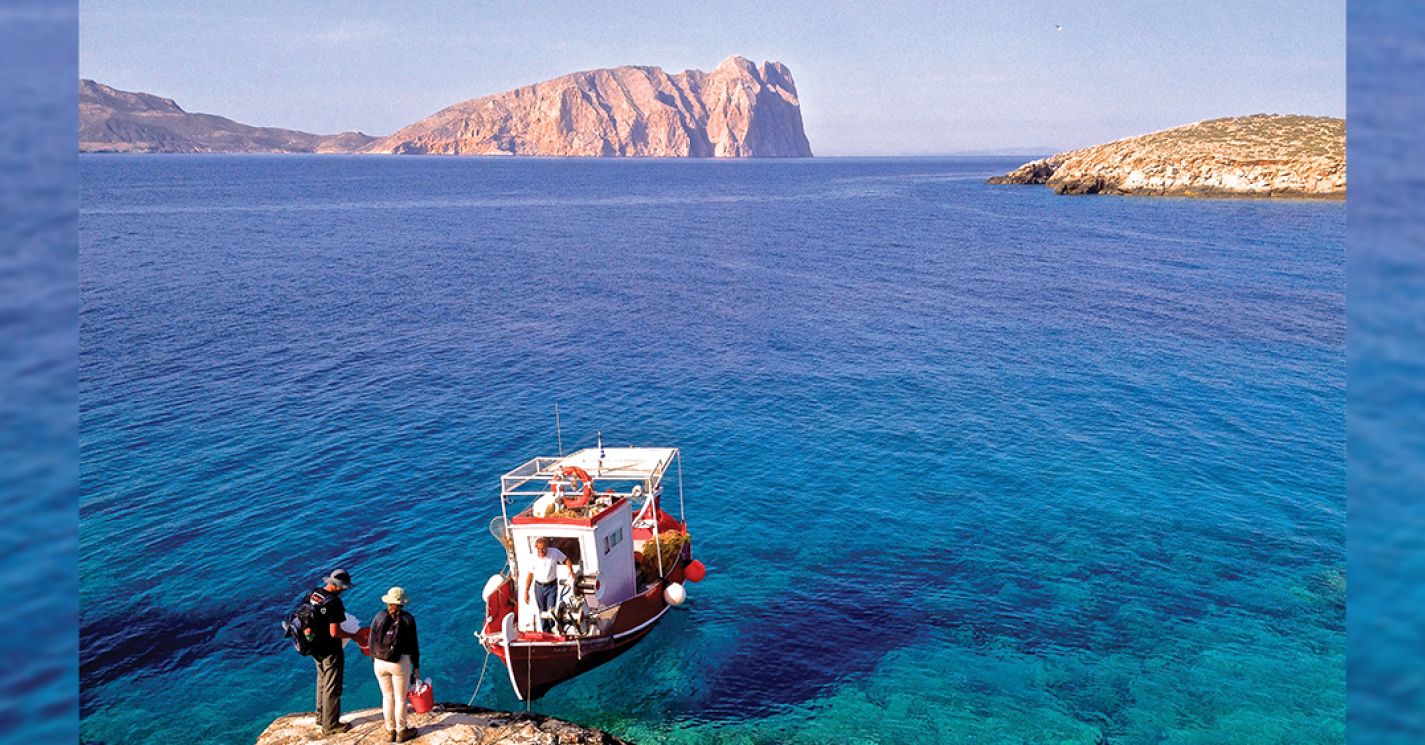More Stories from the Magazine
Table of Contents
"The Great Lakes University"
U-M is a major convener of Great Lakes research thanks to its interdisciplinary efforts to address climate change and other problems. SEAS is a microcosm of that work because of its Great Lakes research centers and institutes; collaborations with other U-M units; and expansive partnerships with organizations within Ann Arbor, the region, and spanning the U.S., Canada and other countries. What this means, according to SEAS Dean Jonathan Overpeck, is that U-M is well-positioned to be “The Great Lakes University.”

Meet the Future of Sustainable Food Systems: A Focus on Soil Health and Crop Diversity
Soil degradation threatens our ecosystems and climate, and thus the future of food access. To be sustainable, ecological processes will need to be managed using species diversity to sustain production and support important functions including restoring soil health, which is the focus of research being conducted by SEAS Associate Professor Jennifer Blesh alongside students and other collaborators.

Island Biology: “A Lot of Bang for Your Conservation Buck”
Islands offer boundless opportunities to inform basic ecological science and applied conservation biology, and are integral to protecting global biodiversity. For nearly a decade, SEAS Associate Professor Johannes Foufopoulos and his students have studied island biology to identify what endangers resident species and how biodiversity can be protected.


